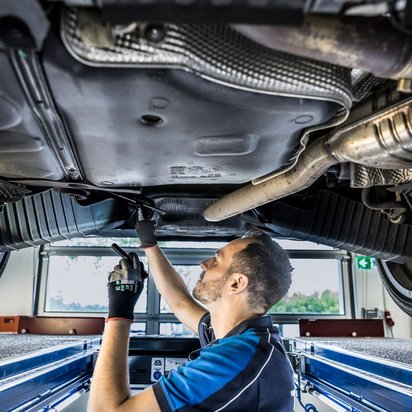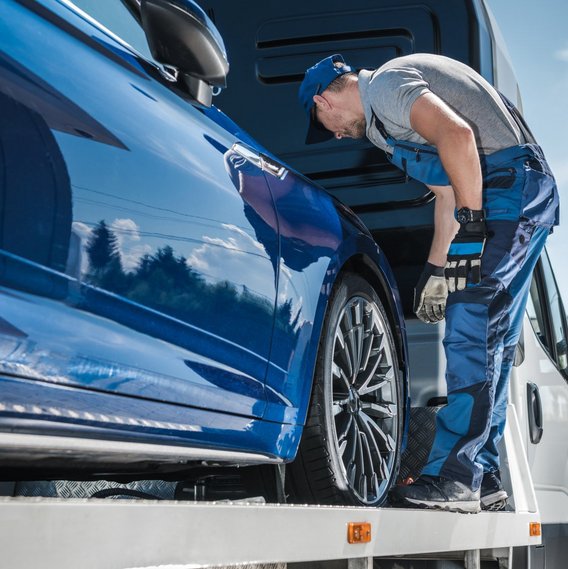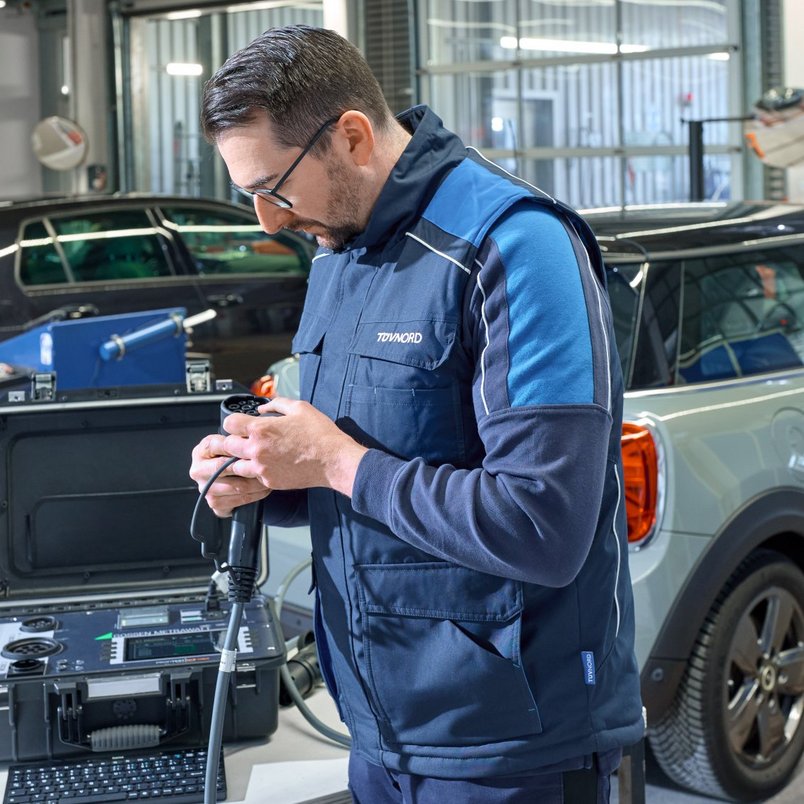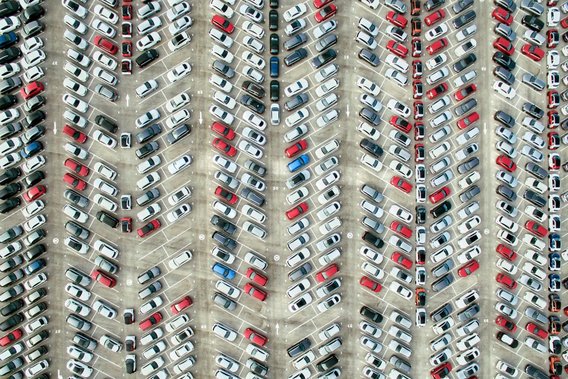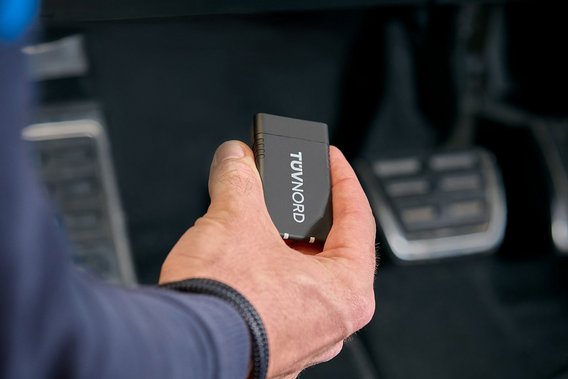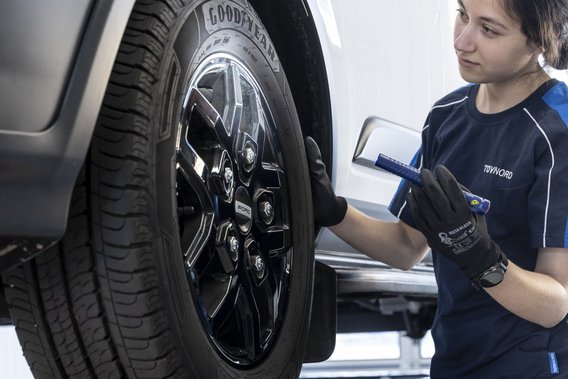Car dealership and workshop
UVV inspection
The UVV test in accordance with DGUV regulation 70 is mandatory for commercially used vehicles and must be carried out annually. We also test high-voltage components in electric vehicles and charging cables in accordance with DGUV Regulation 3 - for greater safety in the company.
